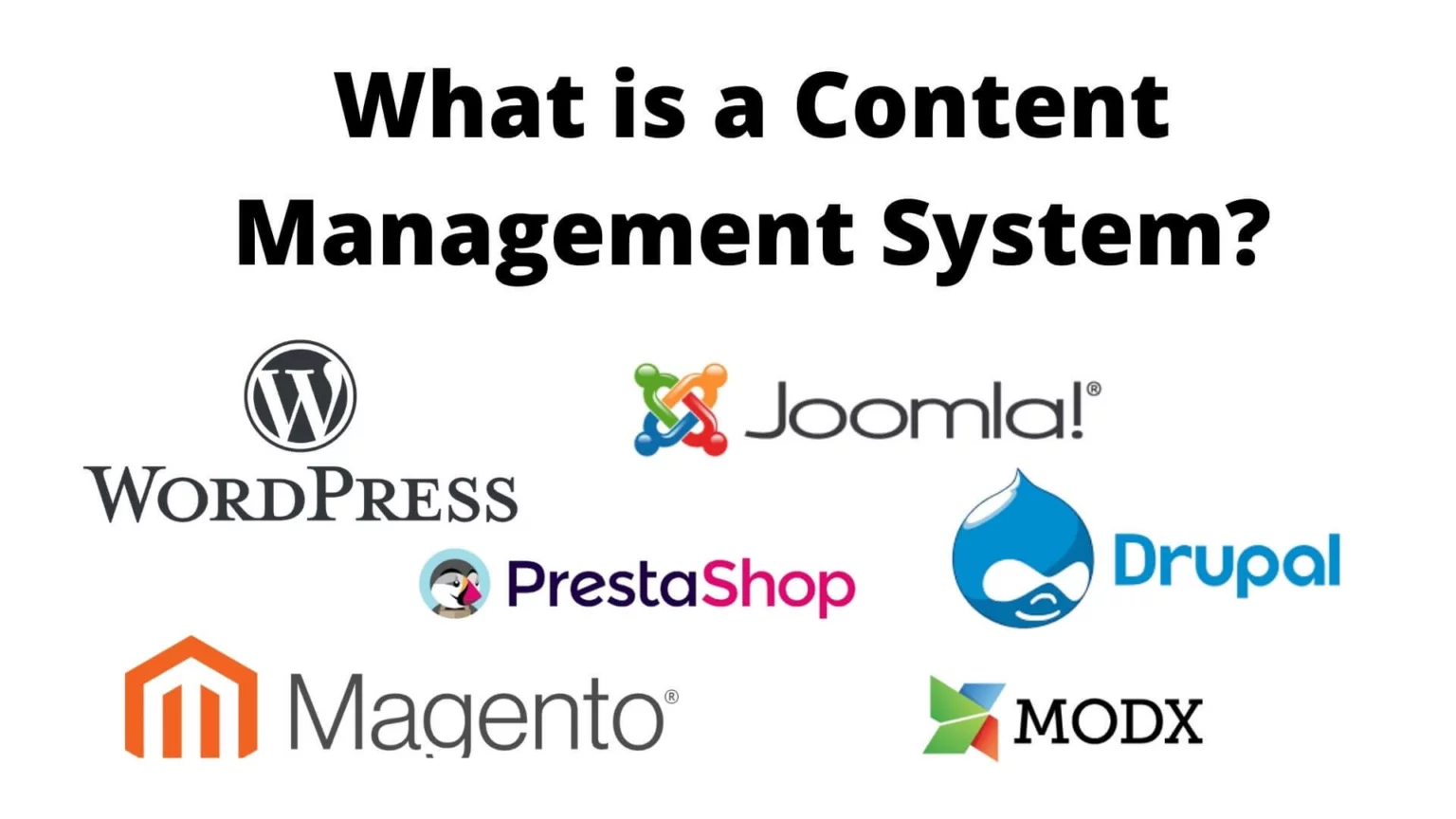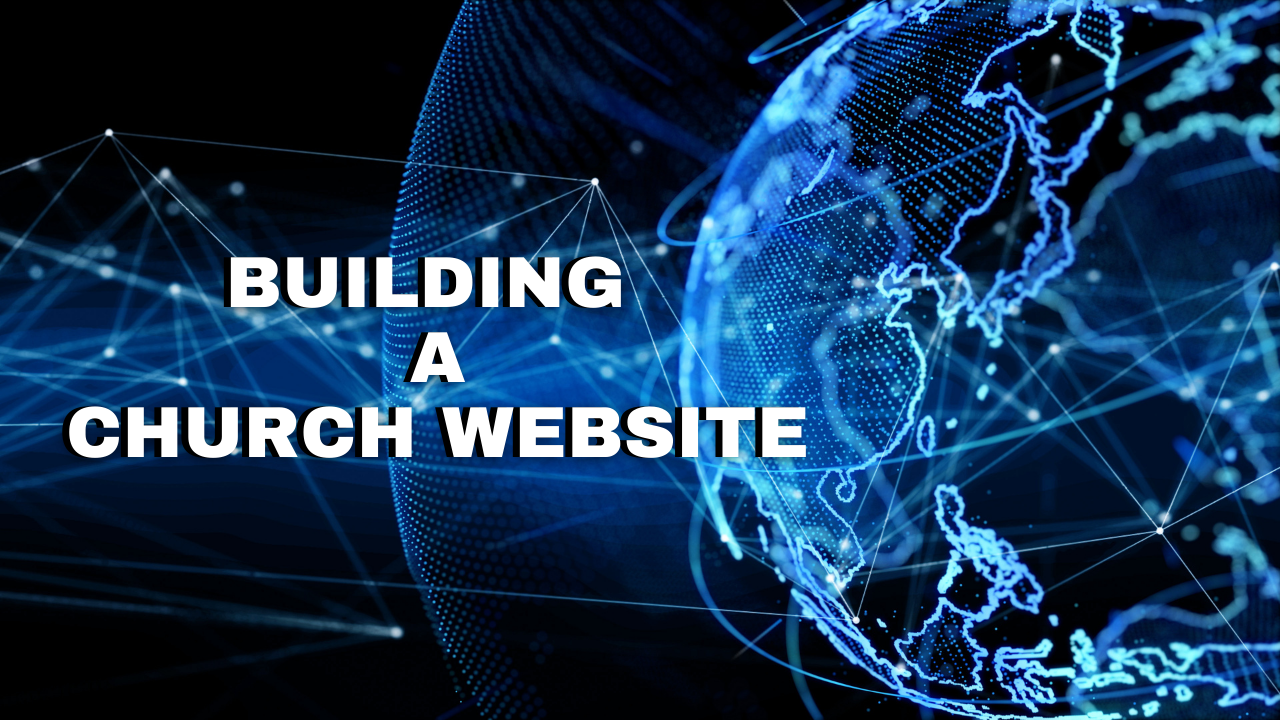Do you want to build a church website or learn what it takes to build it? Perhaps you are not tech-savvy and do not like programming. Do not worry. What if I tell you that you can build a functional church website without writing any serious line of code?
When I say writing a serious line of code; well, you need to learn simple HTML and CSS, which will help you adjust and manipulate the church website design to your choice.
In today’s world, you need to bring your business and corporate organization online so that people can easily find you. By having a church website, your members can conveniently join your services, pay their tithe, make commitments, and see upcoming events and activities of your church.
Aside from your members, anyone looking for a local church may be able to locate the local address of your church through your website. Such a person can see your minister’s details and can contact him for prayers and counseling.
The church website is part of media through which the church can preach the gospel and reach out to many outside their locality
2 Steps to Building Church Website
#1 Hosting and Purchase Domain

The first step to build a church website is to buy a web hosting plan. This could be said to be buying your space in the cloud where you can upload your files like photos, videos, PDF, and other accessible materials. There are many hosting companies like AWS Cloud Hosting, Bluehost, HostGator.
Factors to consider in the choosing hosting plans
- SSL: SSL protects Internet connections and prevents criminals from eavesdropping or altering information transferred between two systems. In the address bar, a padlock indicates SSL protection for the website you are visiting.
- Disk space: is the size of storage you are allowed to have access to on the cloud. That is also one of the features that determine the cost of your web hosting plan.
- Domain name Registration: Many web hosting companies give this offer free. It is the URL that tells about your website. There are many types of domains such as .org, .com, .edu. The domain type you use determines the type of organization that you have.
- Business Email: Once you have purchased a web host plan, you should have the ability to create a business or corporate email service. An example of an organizational email is seniorPastor@TRNChuruch.com . You will receive business emails from your host. There is no limit to the number of business email accounts that you can have. With business email, your recipients feel secure whenever you send them emails.
- Customer Support: You need to be sure that your WebHost has good customer support. They should always be available to answer your technical issues either through calls or emails.
#2 The Content Management System (CMS)

Content management systems, or CMS, are web applications that help users manage and edit the content on a website without the need for specialized technical skills.
A content management system can be simply defined as a tool that allows you to build an entire site without writing any code (or even knowing how to code).
You do not have to worry about writing code to create web pages, store images, and handle other basics; the content management system handles all that so that you can focus on your website’s content.
There are many CMS available and are free to use. With WordPress dominating 40.0% market share. In WordPress, there are many themes that you can install and customize. Some tools will help you build a well-designed, UX and UI church website. Examples of such tools are DIVI and Elementor.
With WordPress, you can install different plugins on your website. That depends on what you wish to display or what you want to be on your church website.
Necessary plugins for church websites
Church Content
From the team behind Church Themes comes Church Content, a WordPress tool with versatility and customizable settings. The Church Content Manager provides you with an all-in-one solution for all of your content needs.
Sermon Manager
Sermon Manager is a feature-rich plugin for managing sermons. There are church WordPress themes that come with the feature out of the box, but a lot do not.
The online sermon function is likely to be one of the most useful features on your church website. People who were unable to attend can still feel as though they were there, not to mention they can reread or listen to last week’s sermon during the week.
PayPal Donation
Donations via PayPal are made possible through the PayPal Donation plugin for WordPress. Using this service, you allow your congregation members to participate in your worship services without actually being present.
The Events Calendar
The church probably has a lot of events happening all the time. You can easily manage all of these events with the Events Calendar plugin and display them in an easily manageable calendar.

Your visitors can view all upcoming events in one place as well as keep track of everything going on.
Prayer Engine
The WordPress plugin Prayer Engine was designed specifically for church websites. You can even host online prayer sessions and create prayer walls on your website. Your whole congregation can start to feel closer, even when no one is physically present.
Additionally, the prayer wall and calendar can be customized so that they match the visual design of your church website.
Yoast Local SEO
You can use Yoast Local SEO to boost the rankings of your church website. In addition to providing feedback on your posts, it also provides suggestions for optimizing your content for relevant keywords. In this way, your website will be the one to appear when members of your community are searching for keywords related to your church.
Christian Motivational Mindset Learn what will motivate you when you are discouraged

Some Important Pages for your Church website
The Homepage: This is the landing page of your church website. It is essential that you carefully develop this page to tell everything about your church. You can check out some functionalities that can be added to your homepage and make it unique. Your homepage should give access to all the other pages where you want people to visit.
Other pages are
- The about us
- Event or upcoming event
- Contact us
- Department/Membership login
- Ministries
- Live
It is your choice to decide on other functionalities to add to your website. However, always ensure that your website has enough content that tells all about your website. When you want your church website to rank on search engines, you should enable your blog feature which is available for all themes and designs in WordPress.


